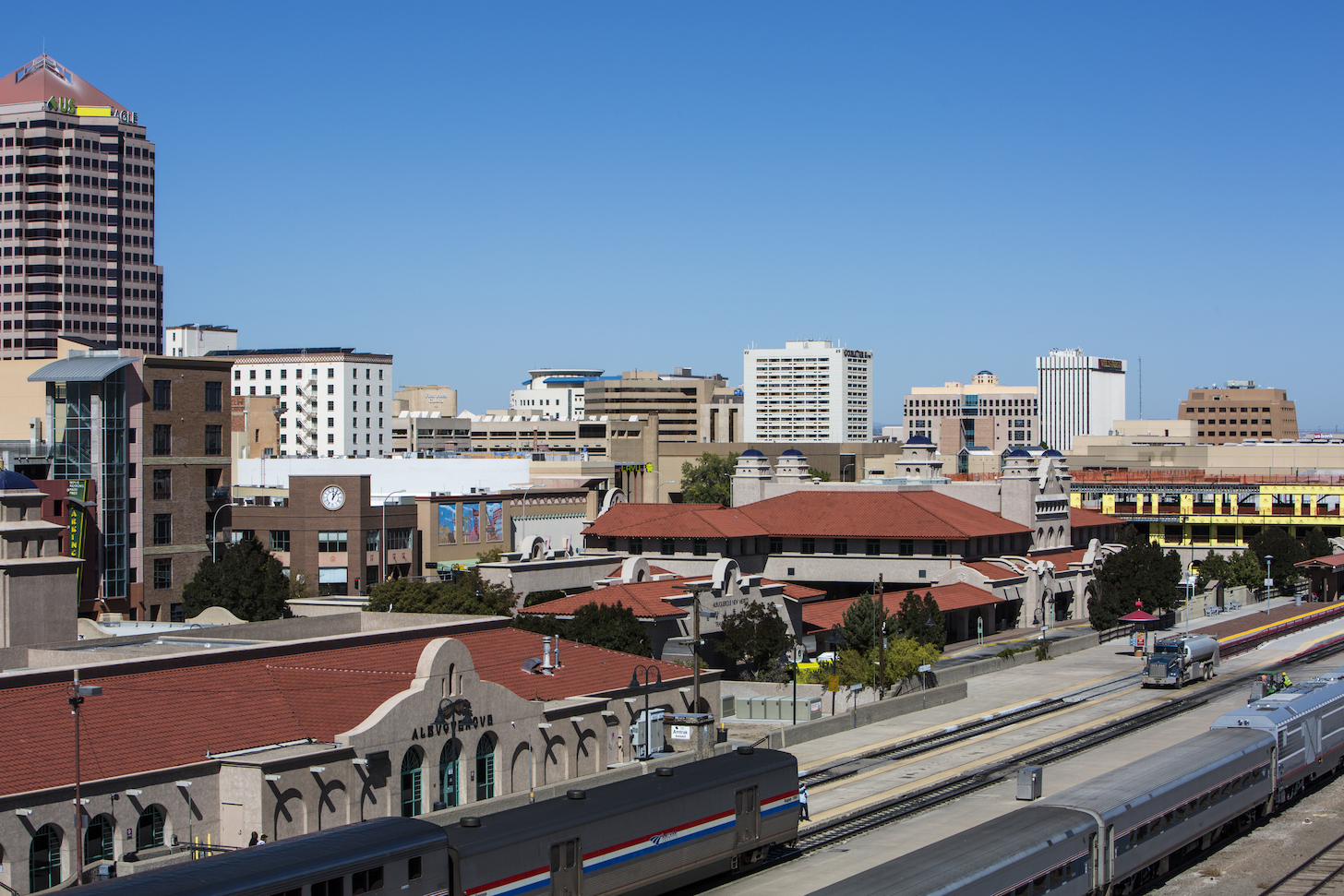Diversity Is A Virtue
Study Shows That Economic Growth Depends On Equity Of Opportunity


Public domain
Latest Article|September 3, 2020|Free
::Making Grown Men Cry Since 1992


Public domain

